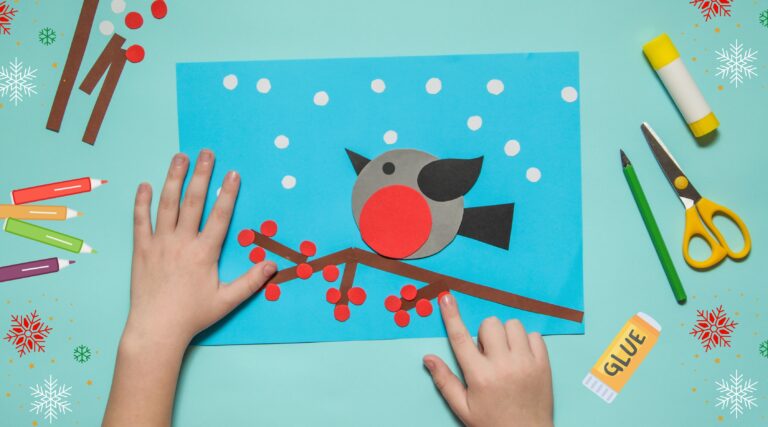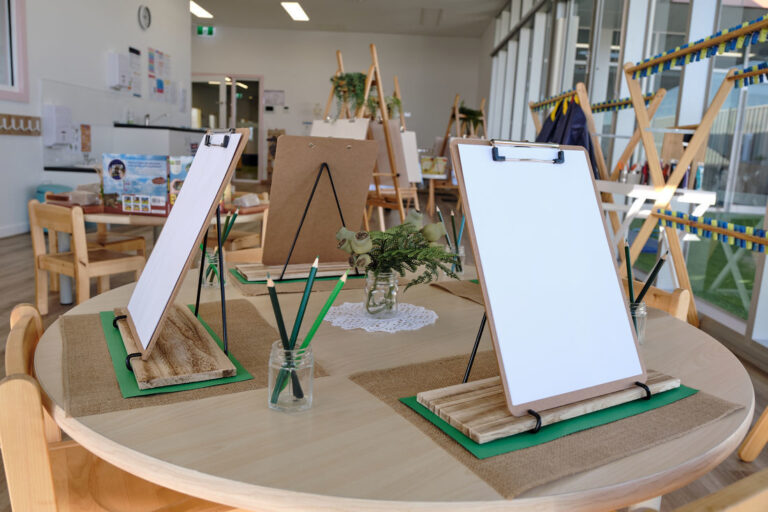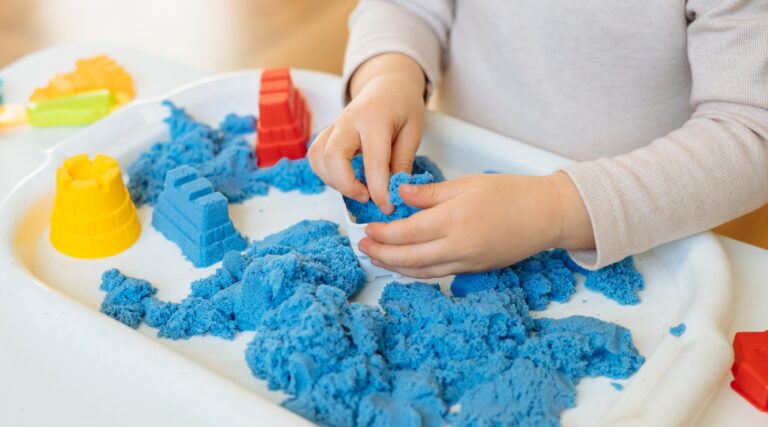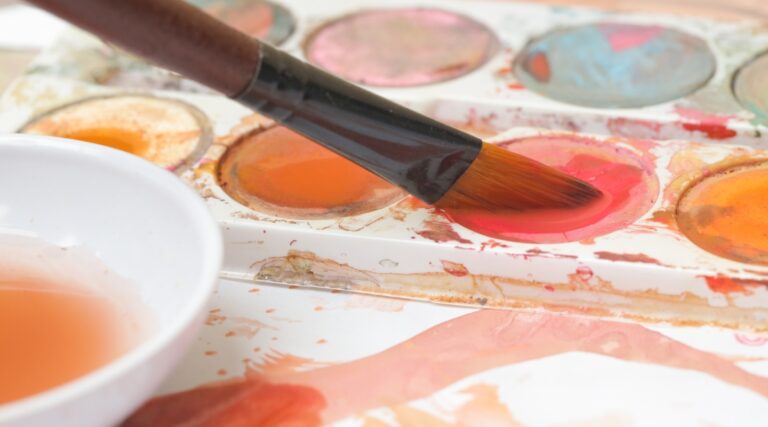The Importance of Art in Developing Fine Motor Skills
Art is not only a powerful tool for self-expression and creativity but also plays a crucial role in the development of fine motor skills in young children. These skills, which involve the coordination of small muscles in the hands and fingers, are essential for a variety of everyday tasks such as writing, buttoning clothes, and using utensils. At Whiz Kidz Pendle Hill, we recognise the importance of incorporating art into our daily activities to support the growth and development of fine motor skills in every child. In this blog post, Whiz Kidz Pendle Hill explores how engaging in art activities helps to develop fine motor skills and why this is so important for young children.
1. Understanding Fine Motor Skills
Fine motor skills involve the precise movements of the small muscles in the hands, fingers, and wrists. These skills are vital for children as they enable them to perform tasks that require accuracy and coordination. As children grow, fine motor skills become increasingly important for activities such as writing, cutting with scissors, dressing, and feeding themselves.
Developing these skills in early childhood lays the foundation for more complex tasks that children will encounter as they enter school and beyond. Art activities, with their focus on using hands and fingers to create, are an excellent way to enhance fine motor development.
2. Art Activities That Promote Fine Motor Skills
Art provides a wide range of opportunities for children to practise and refine their fine motor skills. Here are some common art activities that are particularly effective in promoting this development:
- Drawing and Colouring: Holding and manipulating crayons, markers, or pencils helps children develop the muscles needed for writing. The act of drawing and colouring within lines also enhances hand-eye coordination and control.
- Cutting with Scissors: Cutting out shapes or pictures with child-safe scissors requires significant fine motor control and precision. This activity strengthens hand muscles and improves coordination between the hands and eyes.
- Painting: Whether using a paintbrush, sponge, or even fingers, painting encourages children to make controlled movements with their hands. This activity not only develops fine motor skills but also allows for creative expression.
- Beading and Threading: Stringing beads onto a thread or pipe cleaner requires dexterity and hand-eye coordination. This activity is excellent for refining fine motor skills and also supports concentration and patience.
- Sculpting with Clay or Dough: Manipulating clay, playdough, or modelling dough helps strengthen the small muscles in the hands. Rolling, pinching, and shaping the material all contribute to fine motor development while encouraging creativity.
3. Benefits of Fine Motor Development Through Art
Engaging in art activities not only enhances fine motor skills but also provides numerous other benefits for children’s overall development:
- Improved Hand-Eye Coordination: Art activities require children to coordinate their hand movements with what they see. This improved coordination is essential for tasks such as writing, catching a ball, or tying shoelaces.
- Increased Concentration and Focus: Creating art often involves attention to detail and focus on the task at hand. As children concentrate on their artwork, they develop the ability to focus for longer periods, which is important for academic success.
- Boosted Confidence and Self-Esteem: Completing an art project, whether it’s a drawing, sculpture, or collage, gives children a sense of accomplishment. This boosts their confidence in their abilities and encourages them to take on new challenges.
- Enhanced Creativity and Imagination: Art provides a platform for children to express their thoughts, feelings, and ideas. This creative expression is not only enjoyable but also fosters imagination and innovative thinking.
4. Incorporating Art into Daily Routines
To support the development of fine motor skills through art, it’s important to incorporate art activities into children’s daily routines. Here are some practical tips for parents and educators:
- Provide a Variety of Materials: Offer a range of art supplies, such as crayons, markers, paint, scissors, clay, and beads. Having different materials on hand allows children to explore various techniques and textures, enhancing their fine motor skills in different ways.
- Encourage Free Exploration: Allow children the freedom to explore and create without strict guidelines. This encourages them to experiment with different movements and techniques, which helps strengthen their fine motor skills.
- Create Art Together: Engage in art activities with your child. Not only does this provide an opportunity for bonding, but it also allows you to model techniques and offer gentle guidance as they practise their skills.
- Celebrate Efforts and Progress: Focus on the process of creating rather than the end result. Celebrate your child’s efforts and progress, no matter how small. This positive reinforcement encourages them to continue practising and refining their skills.
5. Art as a Foundation for Academic Success
Developing fine motor skills through art is not only important for early childhood but also serves as a foundation for academic success. As children enter school, they will need these skills for tasks such as writing, drawing, and manipulating small objects in science and maths activities. Children who have strong fine motor skills are often more confident in their abilities and better prepared to tackle the challenges of the classroom.
By incorporating art into their daily routines, parents and educators can provide children with the tools they need to succeed in both their academic and personal lives.
Conclusion
Art is a powerful and enjoyable way to support the development of fine motor skills in young children. Through activities like drawing, painting, cutting, and sculpting, children strengthen the small muscles in their hands and fingers, laying the foundation for future success in school and beyond.
At Whiz Kidz Pendle Hill, we recognise the importance of art in early childhood development and incorporate a wide range of artistic activities into our daily curriculum. By providing children with the opportunity to explore, create, and express themselves through art, we help them develop the fine motor skills they need to thrive.
We encourage parents to continue fostering their child’s artistic abilities at home, ensuring that they have plenty of opportunities to practise and refine their skills. Together, we can support the next generation of creative, confident, and capable individuals.







